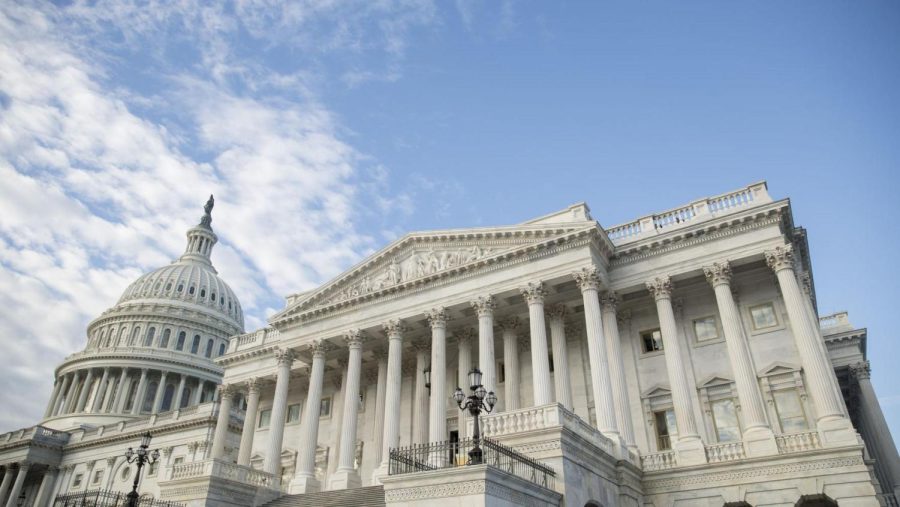In our government, Congress consists of both the House of Representatives and the Senate- and they each have their own special abilities. The Senate has a variety of powers that are unique, such as the power to review the president’s appointments and recommendations for Supreme Court judges. However, one specific Senate power has been debated heavily ever since it came into existence- the filibuster.
The term “filibuster” defines when senators talk for prolonged periods of time on an issue to stop debate and vote on other topics. The filibuster is also implemented by some senators to prevent the advancement of legislation and issues that they don’t support. For example, in 1957, Senator Strom Thurmond of South Carolina used a filibuster that lasted for a total of 24 hours and 18 minutes. He was attempting to stop further discussion and the passage of the Civil Rights Act of 1957.
The Senate tradition of little limits and regulations on debate has allowed for filibusters to keep occurring, but there is something that can, if evoked, stop a filibuster. This is called the cloture motion, and the cloture motion means that senators can vote to stop a filibuster. If ⅔ of the senators
vote in favor of stopping the filibuster in question, that means that the cloture motion is invoked and the filibuster ends.
Over the time that the filibuster has been introduced to the Senate
floor, it has led to controversy over whether or not the filibuster should still exist. Those in favor of keeping the filibuster argue that it promotes compromise when it comes to legislation and allows for the concerns of the minority party to be shared and addressed. Another common belief among filibuster supporters is that abolishing the filibuster will only allow the Senate majority party’s opinions to be reflected through legislation. Some supporters of the filibuster additionally feel that the filibuster reinforces the Senate’s intended structure as the Senate has less debate rules than the House of Representatives and, to some, less of a focus on the majority party.
However, those who want to abolish the filibuster have differing perspectives. The critics of the filibuster say that it lacks historical merit as the power to use the filibuster isn’t listed anywhere in the Constitution and therefore is not a power that should be kept in the Senate. Others think that the filibuster slows legislative progress as the repeated debate that continues for hours with filibusters stops any advancements being made in legislation.
Right now, I am undecided on this issue. I can see how the filibuster might allow for the minority party in the Senate, but I also understand the concerns that the filibuster might slow progress in the Senate with the long hours that are spent speaking about legislation. What do you think? Should America’s Senate keep the filibuster or not?









